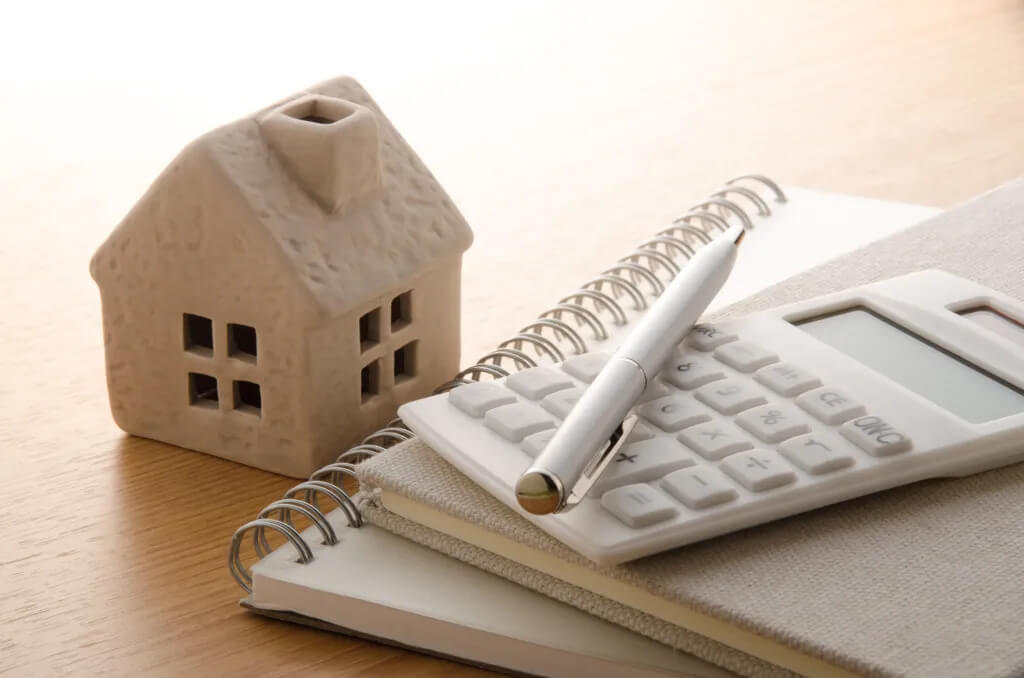Closing day is an exhilarating milestone in your home-buying journey. It’s the final step before you officially become a homeowner. This day can feel overwhelming due to the numerous documents to sign and the various tasks to complete, but being well-prepared can make it smooth and stress-free. A checklist ensures you don’t miss any critical steps or forget any essential items. Our comprehensive guide will walk you through everything you must bring and do on house closing day. From gathering the necessary documents to understanding the questions you might be asked, we’ve got you covered.
Who’s Going To Be There On The House Closing Day?
On home buying closing day, a few important people will be there to help you finalise your home purchase. The main person is the closing agent, a title officer, an escrow company officer, or a lawyer. This person makes sure all the paperwork is correct, and everything goes smoothly.
Depending on where you live, you might meet the seller at the closing or have separate appointments. Your real estate agent will usually be there to support you and answer any last-minute questions. If this is your first home, you might also bring a lawyer to help you feel more comfortable. In some states, having a lawyer present is required. These people work together to ensure everything is done right, and you can officially become the owner of your new home.
As a Buyer, What Should You Bring to House Closing Day?

As a buyer, you must bring several important items to house closing day. Having these items ready will help make your closing process smooth and stress-free.
-
- Photo ID: Bring a driver’s license or passport to confirm your identity.
- Cashier’s or Certified Check: This is for your down payment and any closing costs. You’ll know the exact amount beforehand because the closing agent will tell you how much you need to pay. Do not bring personal checks or cash.
- Proof of Insurance: You need to show that you have home insurance starting on closing day and a receipt proving you’ve paid for the first year.
- Final Purchase and Sales Contract: Bring this document in case you need to check any details against the closing costs.
Things That Might Be Asked From You During Closing

On house buying closing day, a buyer might be asked several important questions and requests:
-
- How You Wish to Take Title: Decide how you want to own the property. Common options include sole ownership, joint tenancy, or tenants-in-common.
- Confirmation of Personal Information: The closing agent may verify your personal details to ensure all documents are accurate.
- Signing Documents: Be prepared to sign many documents related to your mortgage and the property purchase. These include the promissory note, deed of trust, closing disclosure, and various affidavits.
- Proof of Funds Transfer: If you are wiring funds instead of bringing a cashier’s check, you may need to show confirmation that the transfer has been completed.
- Insurance Verification: You might need to confirm that your homeowner’s insurance is in effect and paid for the first year.
How Many Papers Does a Buyer Have to Sign During Closing?
During closing, a buyer has to sign numerous documents. The exact number can vary, but here are the main categories and what they generally include:
Mortgage Documents: This can include up to 24 different forms, such as:
-
- Promissory Note: Your promise to repay the loan.
- Truth in Lending Statement: Details about your loan’s interest rate and total cost.
- Mortgage or Deed of Trust: Puts your home as security for the loan.
- Monthly Payment Letter: This breaks down your mortgage payment.
Real Estate Transaction Documents: Usually around a dozen forms, such as:
-
- Closing Disclosure: Itemizes the buyer’s and seller’s closing costs.
- Warranty Deed or Title: Transfers property ownership from the seller to you.
- Proration Papers: Divides property taxes, interest, and dues between buyer and seller.
- Statement of Information: Confirms your identity.
- Declaration of Reports: Acknowledge that you’ve reviewed all inspection reports.
- Abstract of Title: Lists all documents affecting the property title.
You May Also Read :
|
Know The Contingent And Pending Offer |
|
|
Explore House Poor in Canada |
|
|
Navigate Real Estate Council of Ontario |
|
|
Understand Fractional Ownership in Canada |
|
|
Calculate PITI in Real Estate |



































